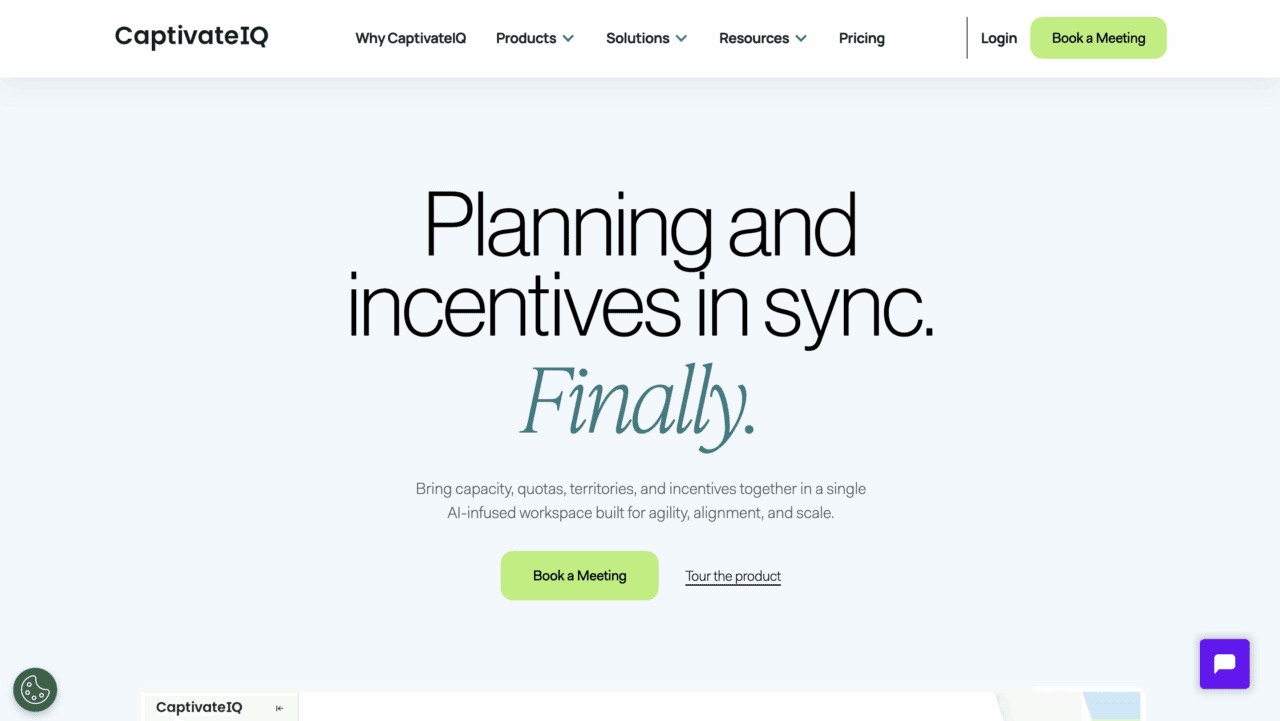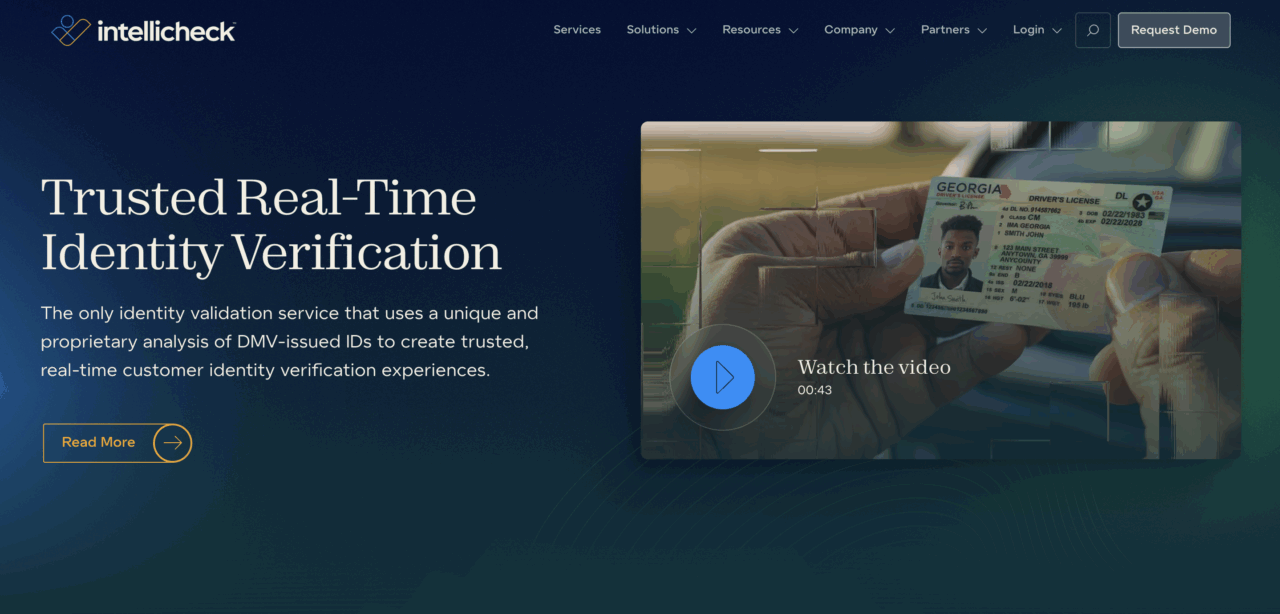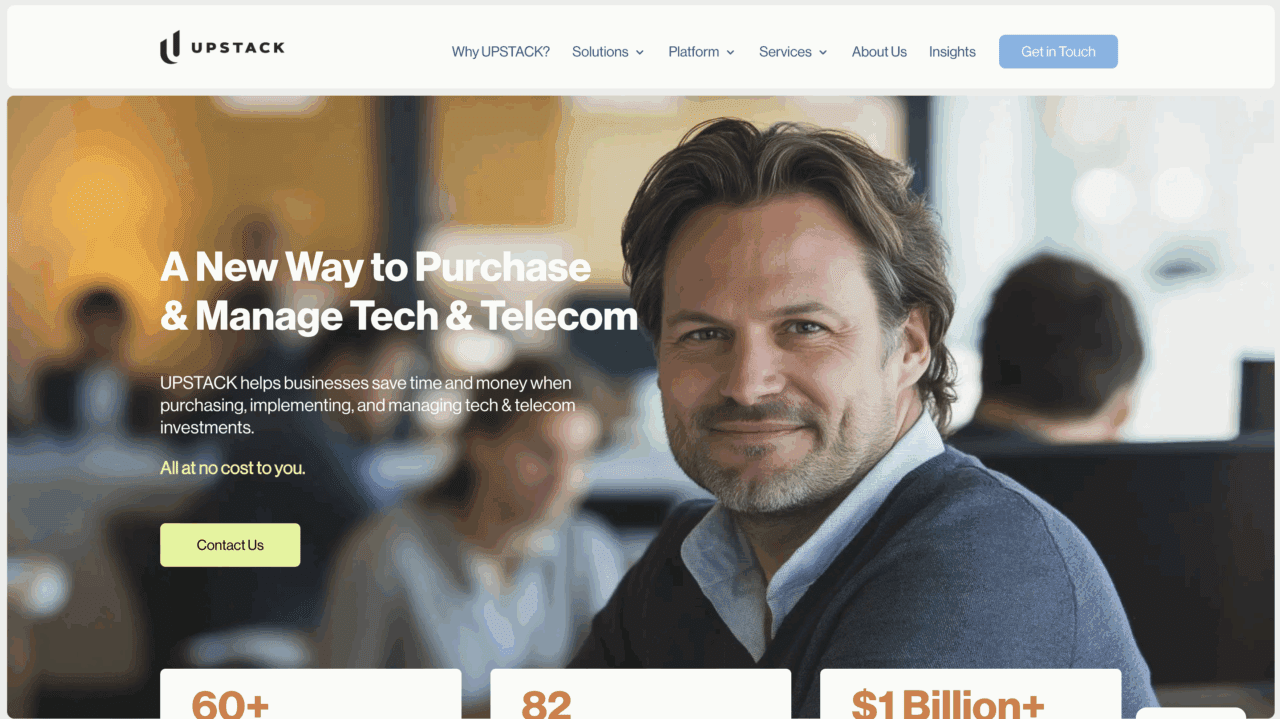
- Klarna has secured a $26 billion funding deal with Nelnet to expand its Pay in 4 product in the US, diversifying capital sources beyond banks and securitizations.
- The multi-year agreement provides off-balance-sheet funding, giving Klarna predictable access to capital at scale and strengthening its long-term growth strategy.
- The deal bolsters Klarna’s IPO story as it postures for public markets amid rising BNPL regulation and credit risk.
IPO hopeful BNPL company Klarna revealed today that it has closed an agreement with investment firm Nelnet, which will support the expansion of Klarna’s Pay in 4 product in the US.
Under the multi-year agreement, Nelnet will purchase Klarna’s US Pay in 4 loans on an ongoing basis over the life of the program, up to $26 billion in total payment volume. In addition to diversifying Klarna’s funding sources beyond banks and securitizations, the transaction is expected to power the company’s US growth and support its long-term capital strategy.
“This is a landmark transaction for Klarna in the US,” said Klarna CFO Niclas Neglén. “Our partnership with Nelnet allows us to scale a core product responsibly, while continuing to deliver smooth, interest-free payment experiences to millions of consumers.”
Klarna notes that the structure of the funding arrangement will offer predictable, off-balance-sheet funding and showcase its ability to structure and execute large-scale capital markets transactions. The Swedish-based company will continue to originate and service all of its receivables under the program.
“Nelnet is thrilled to work with Klarna on this important transaction and support their continued success,” said Nelnet Financial Services Chief Investment Officer Judd Deppisch. “This strategic partnership leverages our expertise and financial strength to invest in attractive cash-flowing assets while supporting Klarna’s valuable offering to U.S. consumers, with the support of our lending partners.”
This comes as Klarna has been positioning itself to go public. While the company postponed its IPO plans earlier this year, it has partnered with Clover for in-store BNPL, signed an agreement to serve as Walmart’s BNPL provider, and teamed up with Marqeta on a debit card. Additionally, Klarna reached 100 million active consumers in April 2025.
For Klarna, today’s deal with Nelnet provides a critical pillar in its IPO story. The stable access to capital at scale signals to investors that Klarna has the key to sustaining growth while navigating BNPL’s rising regulatory and credit risks. Additionally, the structured, off-balance-sheet arrangement signals Klarna’s intent to present itself as more bank-like and responsible ahead of its IPO.















